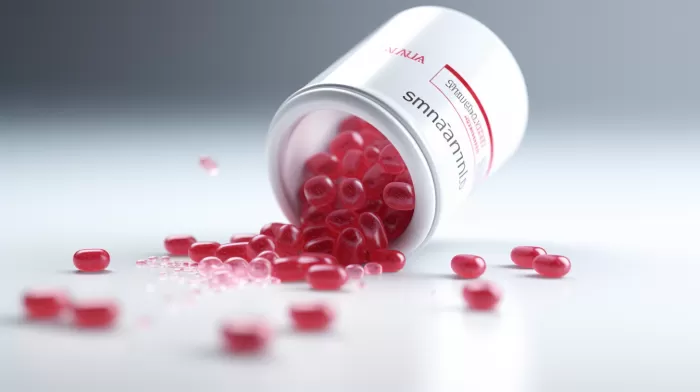Did you know that cancer cells thrive on sugar? It’s true, and it’s a groundbreaking finding by the famous doctor Otto Warburg from over 90 years ago. Now, this doesn’t mean you should panic and eliminate sugar from your diet completely, but it definitely highlights the importance of moderation. This is where a less common sugar supplement called mannose comes into play. With studies showing that mannose slowed tumor growth and even improved the effects of chemotherapy, it’s certainly worth exploring.
What is Mannose Sugar?
Mannose is a naturally occurring sugar found in certain fruits, such as cranberries. It’s available on the market as a supplement, often under the name D-mannose. People commonly use it to treat bladder infections and it boasts some promising results in cancer prevention and treatment.
Mannose Sugar and Cancer Prevention
Recent research funded by Cancer Research UK and Worldwide Cancer Research discovered that adding mannose to mice’s water supply significantly reduced the growth of pancreatic, lung, and skin cancer tumors with no side effects.
In addition, the study also found that administering mannose together with common chemotherapy drugs increased the effectiveness of the treatment. This combination not only slowed down tumor growth but also reduced tumor size and lengthened the lifespan of some test subjects.
Researchers believe that mannose sugar helps by blocking glucose from feeding tumors, while still delivering enough glucose to the rest of the body, thereby not compromising the individual’s overall health. Even though this is still considered early research and has not been tested on humans yet, it’s seen as an encouraging sign for cancer prevention and treatment in the future.
The Future of Mannose Sugar and Cancer Treatment
D-mannose hasn’t been extensively tested for cancer treatment in humans, so it’s still uncertain whether it is as effective or if there are any side effects. However, some people that have taken D-mannose experience mild side effects like loose stools and bloating. Additionally, high doses of the supplement can also pose a risk to kidney health. For these reasons, it might be too early to recommend D-mannose as a key component of your anti-cancer strategy.
Eating a Cancer-Fighting Diet
With D-mannose still in the early stages of development as a cancer prevention and treatment supplement, it’s best to focus on maintaining a balanced diet that includes the appropriate amount of sugar. Some guidelines to follow include:
- Filling 2/3 of your plate with vegetables, fruits, and whole grains at every meal, as suggested by the American Institute for Cancer Research.
- Choosing whole grains over refined grains because they are higher in fiber, which helps to lower cancer risk.
- Limiting your consumption of processed meat. Numerous studies have linked processed meats to a higher cancer risk.
- Moderating your alcohol intake, as excessive drinking can increase your risk of cancer. Limiting yourself to one drink per day if you’re a woman and two drinks per day if you’re a man is advised.
- Cutting down on sugar intake. Don’t go overboard on the sweet stuff and limit yourself to six to nine teaspoons of added sugar daily.
As more research emerges on the possible cancer-fighting benefits of mannose sugar, it’s crucial to adopt a balanced and healthy diet to protect against cancer. Health begins with what you put into your body, so choose wisely.



